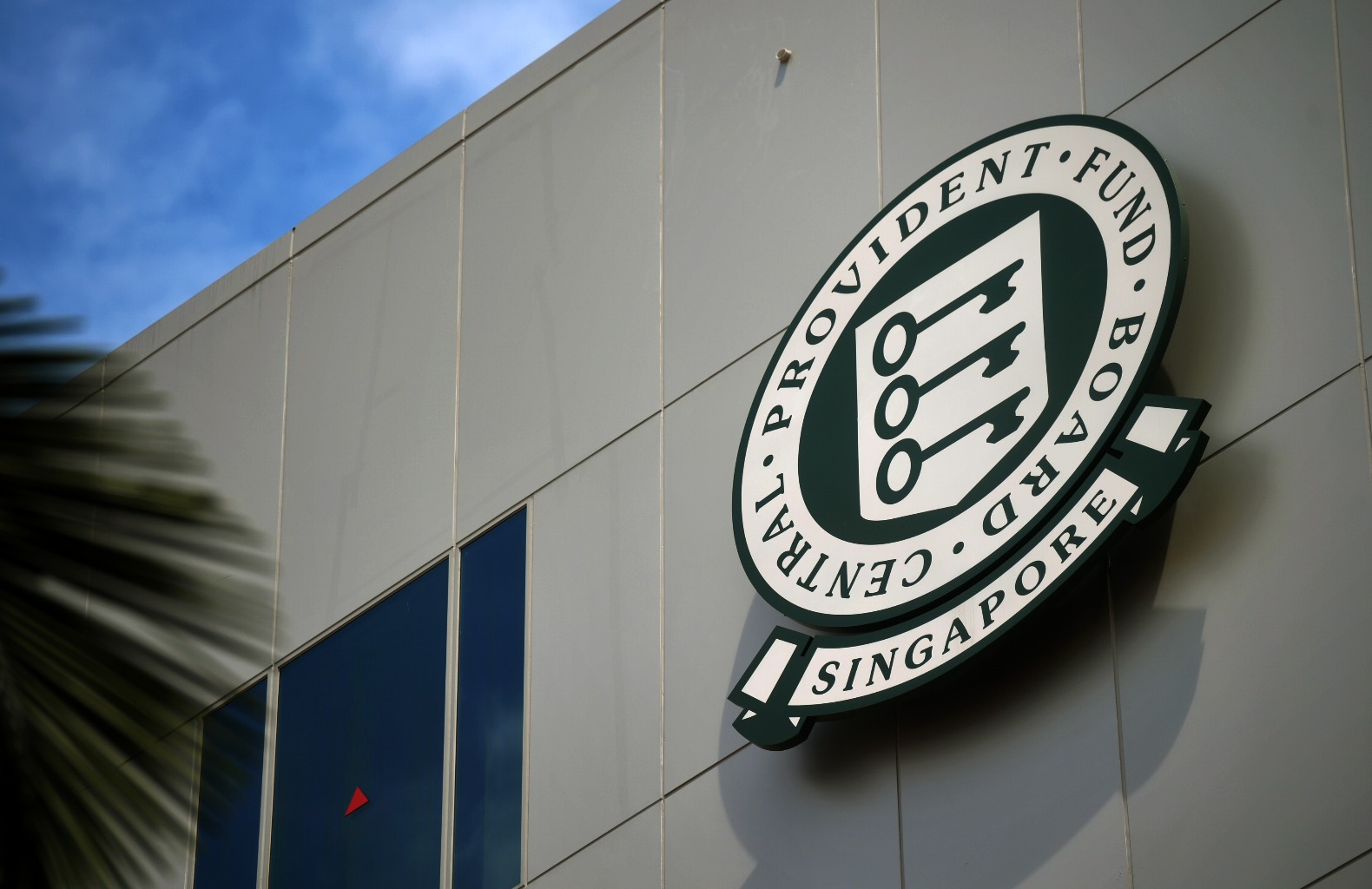Parliament: 60,000 people to see increase in payouts with changes to CPF Retirement Sum Scheme
Sign up now: Get ST's newsletters delivered to your inbox

Payouts through the RSS, the main Central Provident Fund retirement payout scheme for members born before 1958, will last up till age 90 instead of the current age 95 from next year.
PHOTO: ST FILE
SINGAPORE - Some 60,000 people, or more than a third of Retirement Sum Scheme (RSS) members currently receiving their payouts, will see an increase in payouts from next year following changes to the rules.
Payouts through the RSS, the main Central Provident Fund (CPF) retirement payout scheme for members born before 1958, will last up till age 90 instead of the current age 95 from next year, Manpower Minister Josephine Teo announced in Parliament on Monday (Nov 4).
The new rules will apply to all RSS members who turn 65 from July 1, 2020, and will take effect from Jan 1, 2020 for those who are currently receiving payouts. Around 160,000 RSS members have passed the payout eligibility age and have started receiving payouts.
Mrs Teo was speaking during the debate on amendments to the CPF Act, which also seek to pave the way for a pilot of the Contribute As You Earn (CAYE) scheme from early 2020.
The scheme means that some 6,000 freelancers working directly for the Government and public sector agencies will have a portion of their fees channelled automatically towards their Medisave accounts.
On the changes to the RSS, Mrs Teo said the rules were reviewed following feedback that the current payout duration of up to age 95 was too long. She noted that only one in five members is expected to live beyond age 95, and members who had remaining balances in their retirement accounts when they died could have had slightly higher RSS payouts.
Most CPF members aged 65 and above today receive retirement payouts through the RSS.
The first cohort of CPF Life members will reach their payout eligibility age in 2023 and will receive payouts for as long as they live. Members are automatically included in CPF Life if they have at least $60,000 in their retirement account at age 65.
RSS payouts are currently designed to last up to 20 years from the payout eligibility age of 65 or until their retirement account balances are exhausted, and are extended with extra interest earned on the retirement account savings. All the extra interest earned from age 55 is presently used to stretch the payouts beyond 20 years up till the member is 95 years old at most to ensure that members do not outlive their payouts.
Under the revised payout rules, the extra interest earned from age 55 until the member starts getting payouts will be used to increase the payout amount. The extra interest earned after the member's payouts have started will be used to extend the payout duration up till age 90.
Mrs Teo gave the example of a 65-year-old who is starting RSS payouts today and would have a monthly payout of S$470 for 30 years under current rules.
Under the new rules, his payout will increase to S$520 but end at age 90, after 25 years.
She noted that under the new rules, RSS payouts will cover the life expectancy of about two in three members. Those who wish to guarantee that they will not outlive their payouts have the option of joining CPF Life before they turn 80, Mrs Teo added.
The RSS payout computation will also be separately adjusted so that members will generally see an increase in their payout amount when they make a top-up to their retirement accounts or defer their payouts, which they can do so until the age of 70.
No changes have been made to the payout eligibility age or withdrawal rules for RSS members, and members will either get the same or higher payouts as a result of the changes, she added.
Help for freelancers to keep up with Medisave contributions
In her speech on Monday, Mrs Teo also noted that the CAYE scheme will help self-employed persons keep up with their Medisave contributions.
The CAYE pilot will start early next year with 6,000 freelancers working directly for the Government, such as photographers, graphic designers and translators.
Currently, self-employed persons make Medisave contributions annually based on their earnings in the previous year. The CAYE scheme means that freelancers will be able make small and regular Medisave contributions when they receive payments instead of a lump-sum contribution.
Mrs Teo noted that several leaders of self-employed persons associations and labour MP Ang Hin Kee (Ang Mo Kio GRC) have suggested that the Government provide some matching of freelancers' Medisave contributions when they participate in CAYE.
The Government will look into providing some support for freelancers participating in the pilot, she said.
Self-employed persons who are up to date with their Medisave contributions will be allowed to opt out of the pilot, Mrs Teo said.
A decision has not been made on whether CAYE will be extended to include payments made to freelancers by private sector companies or intermediaries such as for insurance and real estate agents, Mrs Teo noted, adding that some of the intermediaries have indicated interest.
The amended CPF Act will also allow employees to apply for a refund of the CPF portion of sign-on bonuses should they have to return it to their employers. This application can be made within one year of having to return the conditional wage.


